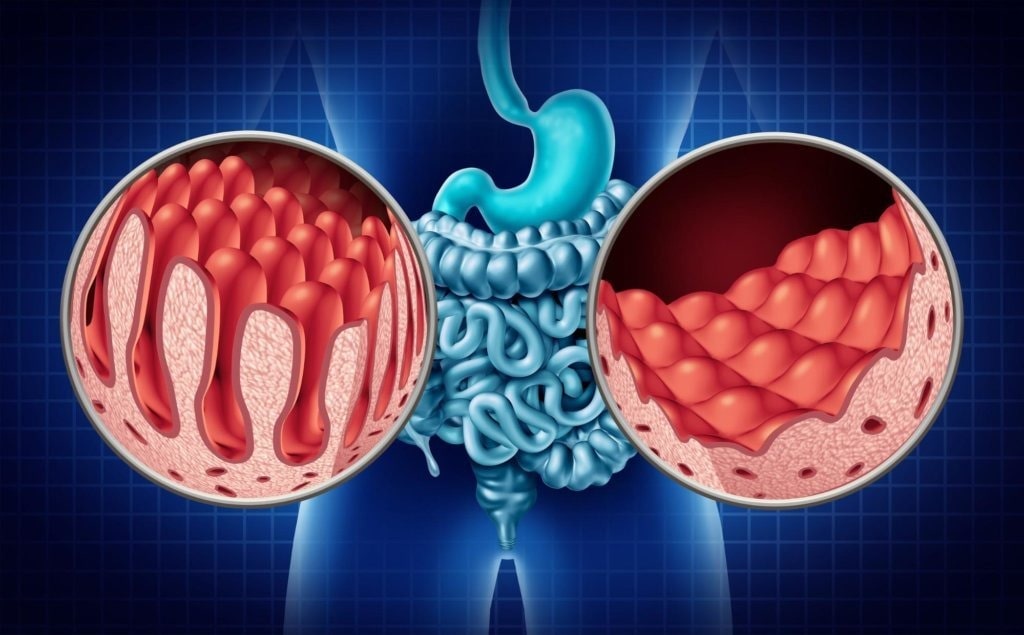Celiac disease is an autoimmune disorder triggered by gluten, a protein found in wheat, barley, and rye. When individuals with celiac disease consume gluten, their immune system mistakenly attacks the small intestine, leading to inflammation and damage to the intestinal villi—tiny, finger-like projections lining the small intestine. This damage impairs nutrient absorption and can lead to various complications if untreated.
The pathophysiology of celiac disease involves both genetic and environmental factors. Genetically, individuals with certain alleles of the human leukocyte antigen (HLA), particularly HLA-DQ2 and HLA-DQ8, have an increased susceptibility to the disease. Upon gluten exposure, the immune system inappropriately activates T cells in the small intestine, producing an inflammatory response. This response leads to the destruction of villi, a process known as villous atrophy, which reduces the surface area available for nutrient absorption. Over time, this can lead to malnutrition, anemia, osteoporosis, and other health issues.
In terms of incidence, celiac disease affects roughly 1% of the global population, although it is more commonly diagnosed in Western countries. It is particularly prevalent in individuals of European descent. Improved awareness and diagnostic methods have led to an increase in diagnosis rates, although many cases remain undiagnosed or misdiagnosed as other gastrointestinal disorders, such as irritable bowel syndrome (IBS). Celiac disease can develop at any age but often appears in childhood or early adulthood.
Managing celiac disease primarily involves a strict, lifelong gluten-free diet, which can prevent further intestinal damage and alleviate symptoms. Early diagnosis and dietary adherence are essential to avoiding complications and improving quality of life for those affected. Research continues to explore alternative treatments and a potential cure, but currently, a gluten-free diet remains the cornerstone of celiac disease management.
Trending
- Tat Kai Wai Hong and HCOWA Collaborate to Promote Women’s Health with T.C.M Integration Training Seminar.
- Naomi Mikafui Foundation and HCOWA Partner to Promote Early Breast Cancer Detection at MiPiCon 2025.
- HCOWA and Greenfield School of Medicine Partner to Boost Reproductive Health and Fertility Education in West Africa.
- HCOWA and Greenfield School of Medicine Teaching Hospital Signed Landmark MOU to Establish AI-Powered Medical Facility in Sunyani.
- HCOWA Association and TAT KA WAI HONG Pharmaceutical Group (Stock Code: 301126) Signed a Strategic MOU to Establish a Medical Supply Chain and Chinese Medicine Overseas Warehouse in West Africa
- Beyond the Pink Ribbon: How Sonotech is Redefining Breast Cancer Awareness in Ghana
- Every Journey Matters: The Story Behind the Naomi Mikafui Breast Cancer Foundation
- HCOWA Representative Pays Courtesy Visit to Togo’s Minister of Health, Paving Way for AI Collaboration



